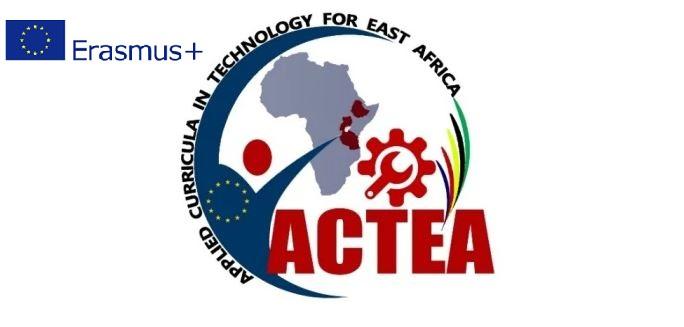Problem Statement
STEM-education is very relevant for East-African countries, as producing added value is a way of improving life standard in these developing countries. Moreover there is a high demand for technicians from investors, NGOs and the emerging mid-class in Ethiopia, Uganda and Tanzania, supported by legislative attempts to increase local employment. To cope with this demand, there is a need for skilled people, trained in relevant engineering trades, but they are hard to find, due to the strong theoretical approach in universities instead of practice-oriented competence-based teaching. This is directly related to the lack of modern curricula in engineering and industry-grade equipment.
Goal of the project
The ACTEA project aims to fulfil the specific needs in engineering, provide better skills matching, deliver course material in 2 specializations, Computer Aided Manufacturing Technology and Electrical Engineering & Automation and, establish technologic laboratories, with virtual and remote accessibility, establish learning tools, give academic staff additional training on technology and in developing technologic course material according to EU standards.
Methodology
To ensure a good skills matching, the project includes research on both labour market demands and competences included in current curricula. For example, work package 1 includes the development, distribution and analysis of surveys for stakeholders (teachers / students / local labour market / output competences from secondary education). During the project, pre- and post measurements of all training activities are performed as well.
Output
The results will be disseminated and exploited with train-the-trainer sessions, Master Classes and with training of a pilot group of internal and external stakeholders. Good practices and results will be made public through e-resources, radio and local media. The Business Integration Bureau favors cooperation with local business, for trainings, employing students or as client for end-products. All is done according to a well-defined quality assurance scheme.
Impact
The impact on the short term is increased technological and pedagogic knowledge, increased operational capacity, increase in engineering students, and a better cooperation with local industry. On the long term, the project aims at an increase in employability, in added value produced locally, sustained life-long-learning and long-term high-quality knowledge gain in technology.






